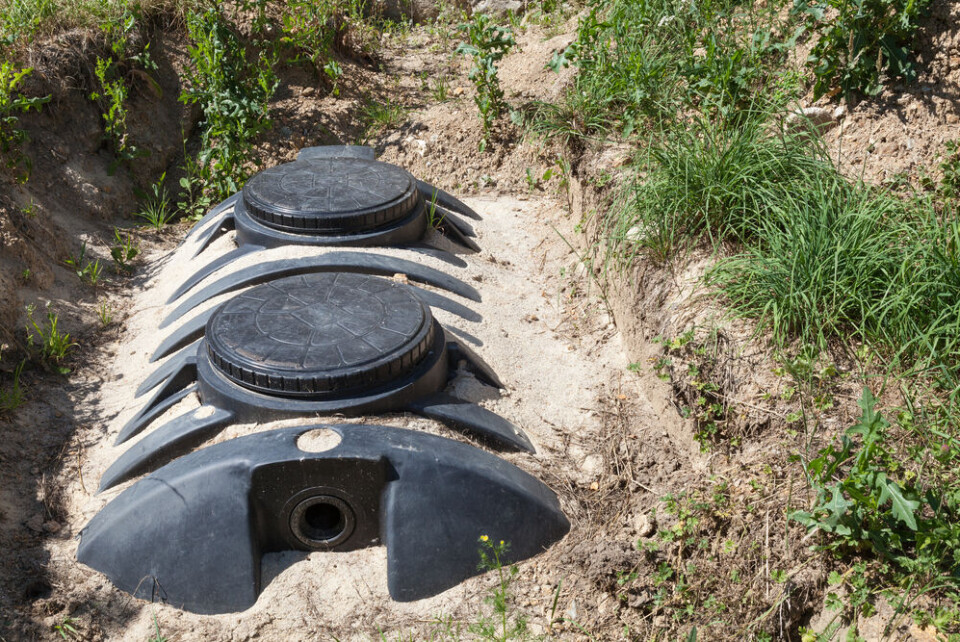-
Explained: The ADMR home help network in France
The longstanding service is vital for many elderly and isolated people
-
Explained: How an amicale laïque can help you get involved in France
The organisation offers a range of community events and festivals
-
Do I need to remove a disused septic tank in France after connecting to the mains?
Safety is the number one priority, says Sarah Bright-Thomas of Bright Avocats
Explainer: the rules to know about used water at a home in France
Homes in France are either connected to the sewer system or use a septic tank, here we look at the rules for each system

The wastewater from private homes is governed by different rules depending on whether the home is connected to the public system or a private system.
While each set of rules comes with its own obligations, for homes connected to the public system, most of these fall on the public authority.
Those homes with a private waste management system have a responsibility to understand and manage their obligations themselves.
What are the two systems?
- Public wastewater systems refer to the sewer and water treatment systems that are organised by many local authorities, particularly in urban areas. Most homes in France use a public system.
- Private wastewater systems refer to the individual solutions of homes that are not connected to the public system. These systems can range from the simplest basin to private water treatment stations. Approximately 4 million homes in France use private systems.
What are the rules for homes with the public system?
Public wastewater systems, called tout-à-l'égout, or ‘everything into the sewer’, are paid for by the commune.
The sewer system takes all waste water, sometimes including rain water, to the water treatment plant.
The local public authority is obliged to have the capacity to treat all homes in the commune.
It is for each commune to decide whether to implement a public system or not.
Public wastewater systems are financed by communes, which each free to set their own rate called the Participation d’assainissement collectif (PAC) to be drawn from the taxe foncière.
What are the responsibilities of homeowners?
- Homeowners must maintain the waste water pipes on their own property. If these pipes are damaged, it is the homeowner’s job to repair them.
- Where several homes share the same connection, it is coproprieté that must maintain the waste water pipes.
- For rental properties, the owner is still responsible unless they can prove that any damage to wastewater pipes happened due to the actions of the person renting.
What are the rules for homes with a private system?
Private wastewater systems are often sweepingly referred to as fosses septics although in reality there is a wide range of private systems.
While these systems are the responsibility of homeowners, there is a public authority, called the SPANC, that ensures people comply with regulations.
Homes with a private system in a commune where a public system is available must connect to the public system within 2 years.
If the home is still not connected to the public system after this time, the commune can levy an increased Participation d’assainissement collectif tax on the homeowner.
Read more: Explainer: the rules around septic tanks in rural France
Private systems must be maintained by the homeowner at their own expense. Communes are also permitted to create a maintenance service, which could be necessary in isolated areas without private companies to fulfil this role.
What are the rules about emptying a private system?
- The system must be emptied before it is at 50% of its solid waste capacity. This means that smaller systems must be emptied more frequently than larger ones, and houses with more people in more frequently than homes with fewer people.
It is the responsibility of the homeowner to determine when the system is at 50% of its solid waste capacity, which can be done by inserting a dipstick.
- The system must be emptied by a company that is certified by the prefect. The cost of this operation can be anywhere from €150 to €300.
Typically, the homeowner will have to refill the system with water once it has been emptied of solid waste.
Read also: How often must I empty my septic tank in France?
What is the role of the SPANC?
The Service Public d'Assainissement Non Collectif, or SPANC, is the public service that checks private wastewater systems in France.
SPANC’s role includes inspecting private systems every 10 years. Systems that are found to be unsatisfactory or unsanitary are given four years to be upgraded.
After this period, SPANC can oblige homeowners, at their own expense, to undertake whatever work SPANC deems is required to make the system acceptable.
SPANC is financed by the assainissement non collectif fee element which is levied on a homeowner’s water bill.
























